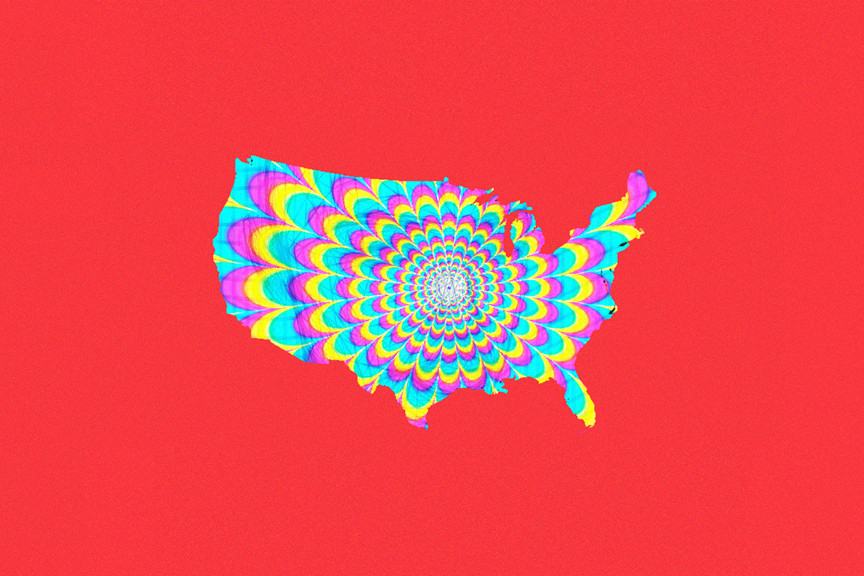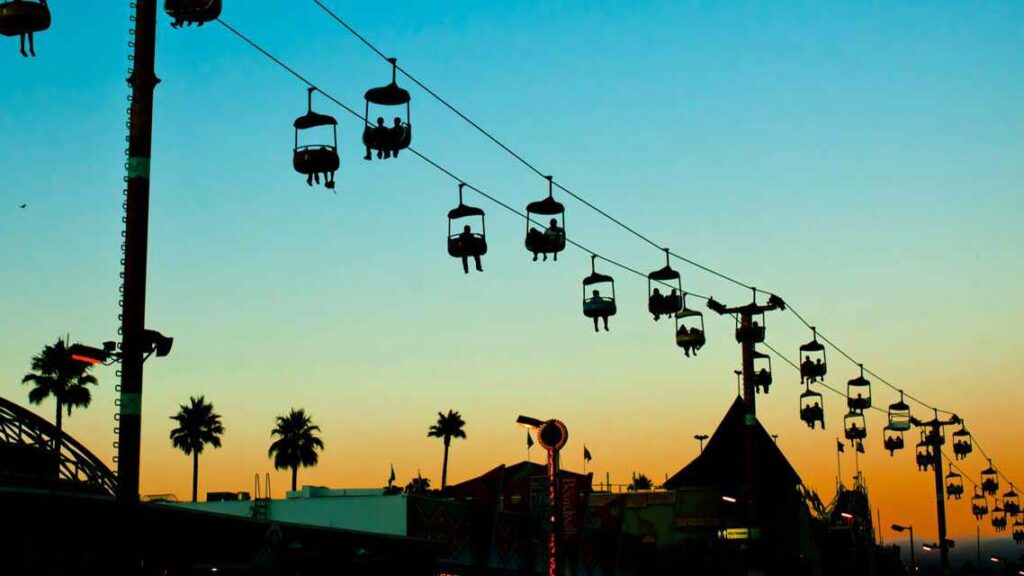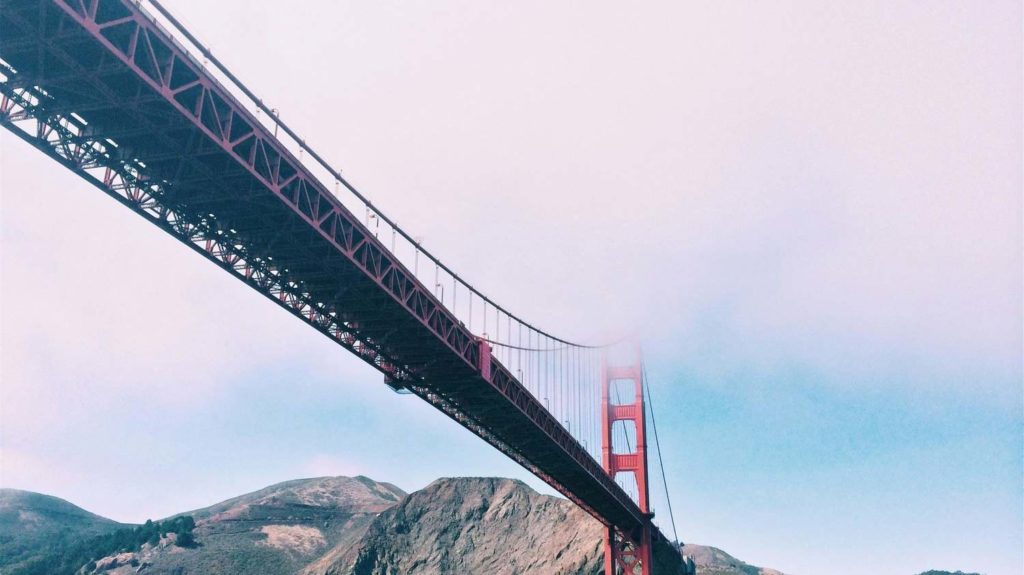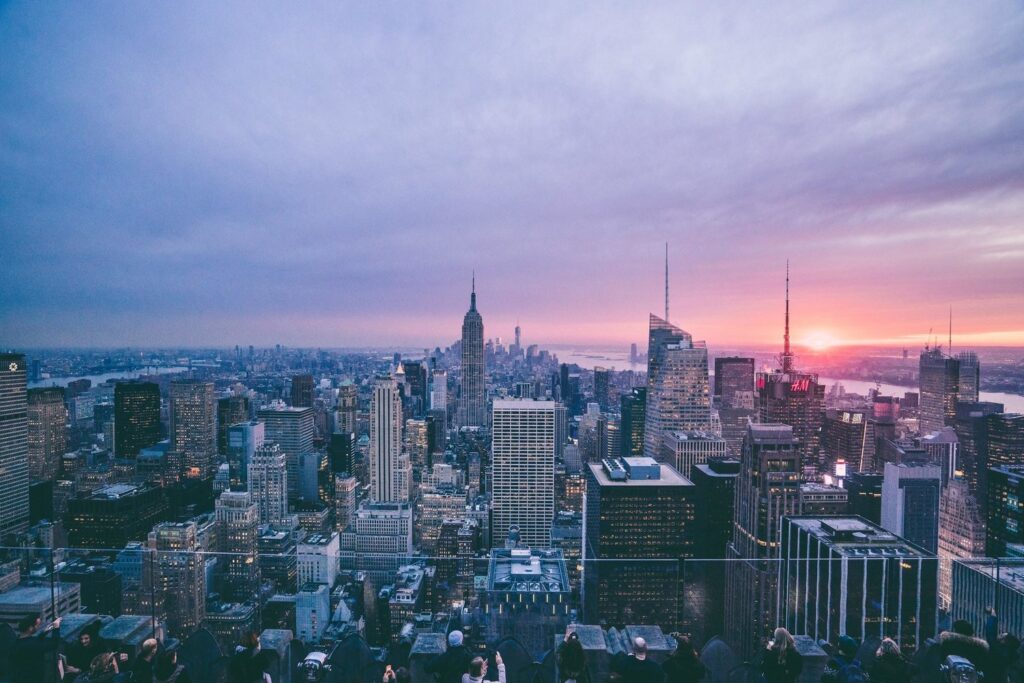The Psychedelic Network, Pt 1: USA
Over the past few years, psychedelic societies have begun popping up all over the world. We interviewed some of the pioneers. First stop: USA.

Psymposia is a 501(c)(3) nonprofit research and media organization that offers critical perspectives on drugs, politics, and culture. We rely on contributions from our readers and listeners. Your support is vital to sustaining Psymposia.
Support Psymposia’s independent journalism on Patreon and help us drive the Mystery Machine! We’re a bunch of meddling kids who are unmasking the latest shenanigans on the psychedelics beat.
The Psychedelic Network is a 3-part series looking at the phenomenon of “psychedelic societies” around the globe. Read part two and part three.
Psychedelic research has been making big waves in mainstream media for its power in healing a vast array of disorders. As each day passes, more and more people are coming out of the psychedelic closet.
Over the past few years, psychedelic societies have begun popping up all over the world. There’s a rebirth of people recognizing and honoring the power of entheogens. People are gathering together and forming a vast network, like mycelium growing underground. The Dawn of a Psychedelic Renaissance is upon us.
Here at Psymposia, we decided to dig deeper and examine this phenomenon through interviewing some pioneers of these psychedelic societies in an effort to shine a spotlight on the ground-breaking work they are dedicating their lives to.
We’ve asked them to answer some questions about what the psychedelic scene is like in their country, what projects they are currently working on, and why they believe there has been a resurgence in the psychedelic movement lately.
Let’s go on a psychedelic tour around the globe!
In part 1, we explore some psychedelic societies of the US, starting naturally with California, which will host the Psychedelic Science 2017 conference in Oakland this April—including a convening of global psychedelic societies. The conference is being organized by the first group we interviewed, based just south in Santa Cruz.
Santa Cruz, California
Multidisciplinary Association for Psychedelic Studies
Okay, so this first one isn’t a grassroots society like the rest of the organizations we talked to, but if you want to learn more about why we are going through a Psychedelic Renaissance, then it’s vital to find out about MAPS and the incredible cutting-edge research they do.

Shannon Clare Petitt is the MAPS Therapist Training Program coordinator, Zendo Project community engagement coordinator, and co-therapist in the study of MDMA-assisted psychotherapy for anxiety associated with life-threatening illness. Shannon spoke to us about her relationship with psychedelics and the awesome work she is doing with MAPS:
“I’m not sure if I chose psychedelics or if they chose me.
I started working at MAPS after serving a year with AmeriCorps and starting a master’s program in counseling psychology. At that time, I wasn’t sure that I wanted to stay in the field of psychedelic therapy. But when I graduated and started seeing clients, I was frustrated that the process was long, and it was very difficult to connect with a person through the complex defenses and protective walls we build around ourselves. I started to understand why psychedelic psychotherapy was so revolutionary and what it meant for subjects who’ve been through MAPS trials to finally get an effective treatment.
My biggest project is running a program that is training 60 new MDMA therapists this year, and another 60 next year!
I think the psychedelic revolution is happening now and with more support than ever because we are recovering from the fear of the 60s. We needed time. People who have been skeptical about the potential benefits of psychedelics are becoming interested in the therapeutic uses proven by science.
Once a topic hits critical mass and several people are speaking out about it, many others can feel comfortable also speaking out about it.
I’m thinking that the popularity of the internet has probably contributed to the openness of the psychedelic community today, and the rise of psychedelic groups around the world.
We still live in a time where the people are fearful of their government, and for good reason. I am hopeful that we can change government to be one of fair justice so that people can be okay practicing their right to free speech and congregation. But there are still thousands of people behind bars for drug offenses, and many people know it’s not outside the realm of possibility for us too.”
San Francisco, California
A psychedelic tour around the world would be remiss without a stop in the unique city of San Francisco, home of the Grateful Dead and the 1960’s hippie movement.
Daniel Jabbour founded the Psychedelic Society of San Francisco in 2011 and thus created a thriving community with thousands of members, from doctors and lawyers to artists and hippies.

A psychedelic tour around the world would be remiss without a stop in the unique city of San Francisco, home of the Grateful Dead and the 1960’s hippie movement.
Daniel Jabbour founded the Psychedelic Society of San Francisco in 2011 and thus created a thriving community with thousands of members, from doctors and lawyers to artists and hippies.
Jabbour published an article on the MAPS Bulletin, where he invited people around the world to start their own local psychedelic society chapters. “This generation is shaping up to be the one that brings psychedelics into the mainstream. It’s an exciting time to be a part of the community,” he wrote.
Tragically, Jabbour passed away shortly after writing this article. Yet his spirit continues to live on in the hearts of the many people that he inspired to dedicate their lives to the psychedelic movement.
The Psychedelic Society of San Francisco continues to grow and flourish.
Irina Alexander, who got involved in the society thanks to Jabbour, explains what makes San Francisco so unique:
“San Francisco is one of the historic epicenters of the American psychedelic revolutionary movement.
We also have a very strong multi-generational community vibe within the psychedelic scene out here, which is greatly influenced by Burning Man culture, the Shulgins, and the drug policy movement. It’s an incredible place to be at a big cultural turning point.
I think things are really shifting right now. People are finally starting to see the healing effects of psychedelics, partially because of all the successful clinical trials that keep releasing mind-blowing data. Before, it was just stories. Now, it’s stories supported by science and data, so people who weren’t previously able to ‘come out of the psychedelic closet’ feel enough support to do so.
I assume that San Francisco, being a relatively open-minded place, will be one of the major providers of safe and well-regulated administration of psychedelic therapy.
As a counselor in my professional life, it’s my goal to give people space to be heard, to heal, and feel empowered. The healing that psychedelics are able to bring, with planning and integration, fits right into that life mission.
There are so many people suffering who have tried absolutely every other treatment option they can think of, and they deserve a chance for relief. Psychedelics are such a powerful tool that can help people dig deep, process traumas, and transform lives. It’s a violation of human rights to keep psychedelic therapy away from people going through so much pain.”
New York, New York
There is nowhere in the world quite like New York, in all its beautiful, gritty, deranged, wondrous, chaotic holiness.
There is a thriving underground subculture devoted to pretty much any phenomenon you could think of (as well as ones you’ve never heard of before)—and the psychedelic scene is no different.
Daniel Miller founded the Psychedelic Society of Brooklyn just last year, and it has already grown to have over 1,000 members on Meetup.
“Our mission is first and foremost to build community.
We host events, but we’re also creating an event calendar that will highlight many of the different psychedelic-related shows, lectures, festivals, and conferences in the New York area. The hope for the calendar is that it will help connect individuals and groups within the larger psychedelic world that wouldn’t have otherwise come into contact.
Psychedelics have the potential to make a lot of us happier and healthier—and not just the sick or the addicted or the depressed.
Thing is, on some level, we all feel depressed and anxious sometimes. And we’re all addicted to something. Psychedelics can help give us a more balanced, less egocentric perspective.
The more the media talks about these drugs and their therapeutic benefits, the more people will try them and have profound experiences. And some of these people will want to share their experiences with others and meet people who’ve seen what they’ve seen. Starting a psychedelic group is one way to do this.
I do believe that society will ultimately embrace the potential of these substances to make most of us happier and healthier. It’s only a matter of time before the truth, as embodied by people’s personal experiences and the science, becomes too hard to ignore.”
*Since this interview, Daniel Miller has stepped down as organizer of the group, but it continues to grow under the leadership of Colin Pugh.
Next…
In part 2, we take this tour to Europe
Hey! Before you go… Psymposia is a 501(c)(3) non-profit media organization that offers critical perspectives on drugs, politics, and culture. We strive to ask challenging questions, and we’re committed to independent reporting, critical analysis, and holding those who wield power accountable.
Our perspectives are informed by critical analysis of the systemic crises of capitalism that have directly contributed to the unmitigated growth of addiction, depression, suicide, and the unraveling of our social relations. The same economic elite and powerful corporate interests who have profited from causing these problems are now proposing “solutions”—solutions which both line their pockets and mask the necessity of structural change.
In order for us to keep unpacking these issues and informing our audience, we need your continuing support. You can sustain Psymposia by becoming a supporter for as little as $2 a month.
Zoë Biehl
Zoë is a full-time writer and editor, holds a BA in anthropology and sociology, and spends her free time petting all the street cats in Tel Aviv.






